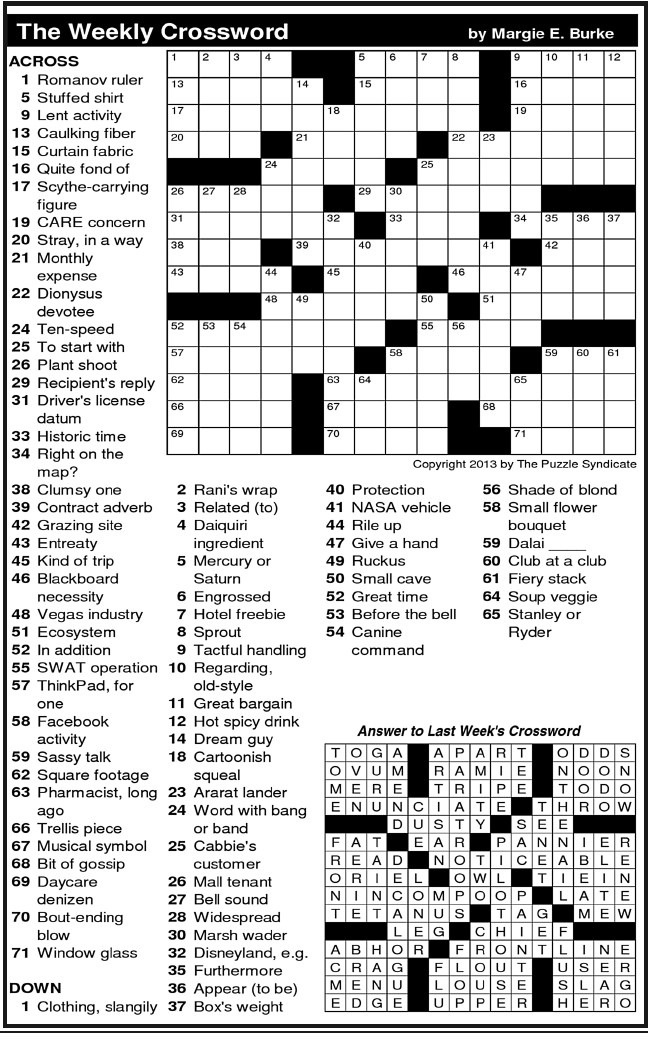President Posthumously Honors His Sacrifice
Hoping to make a difference in the civil rights movement, Queens College student Andrew Goodman traveled with two other “freedom riders” to Mississippi in June 1964, hoping to register black voters who had long been disenfranchised.

Goodman and his colleagues—James Chaney and Michael Schwerner—never returned home.
They were murdered on June 21, 1964 in Philadelphia, Miss. in a crime that shocked the nation and took more than 40 years to fully solve.
The three slain freedom riders were remembered at Queens College on Monday, Nov. 24, as President Barack Obama posthumously awarded them with the Medal of Freedom during a White House ceremony. Bells tolled on the Flushing campus at 12:15 p.m. from the Chaney- Goodman-Schwerner Clock Tower, which had been renamed in their memory 25 years ago.
“The entire Queens College community is extraordinarily proud that President Obama has recognized one of our own in this unprecedented way,” Queens College President Félix V. Matos said in a statement. “Andrew Goodman sacrificed his life for the cause of civil rights during Freedom Summer, which helped fuel the struggle and ultimately changed history. He and his coworkers are true American heroes and an inspiration to us all.”
“Voting is one of the most sacred rights we have as Americans, and it is important for us to reflect on our past and honor those who have fought to ensure every citizen has access to that basic freedom,” added Sen. Kirsten Gillibrand, who—along with Mississippi Senators Thad Cochran and Roger Wicker and Mississippi Rep. Bennie G. Thompson—sponsored a bill supporting the posthumous honors.
Goodman, 20, lived on the Upper West Side and had been studying anthropology while engaging in political activism. Dr. Martin Luther King Jr. visited Queens College in 1960, and in the years that followed, many of the college’s students actively participated in the civil rights movement aimed at shattering segregation in the South.
In June 1964, Goodman joined Schwerner in traveling to Meridien, Miss. to participate in the Congress for Racial Equality’s Freedom Summer project, which sought to register black voters in a state where their rights had been suppressed for generations.
On the evening of June 21, Chaney, Goodman and Schwerner were riding away from the Mississippi town of Philadelphia—where they had visited to investigate a recent church fire—when they were pulled over by Neshoba County Deputy Sheriff Cecil Price for allegedly speeding. He subsequently took the three civil rights workers into custody and brought them to the county jail.
Hours later, Price—later revealed to be a Ku Klux Klan member—released the three men and ordered them to leave the county. Law enforcement sources stated Price followed them from behind in his police vehicle and stopped them just before they crossed over the Neshoba/Lauderdale county border.
Investigators said Price ordered the three men out of their vehicle and into his cruiser; he then traveled to a desolate location, where a group of Ku Klux Klan members were waiting. Reportedly, Chaney was assaulted by the mob, then all three men were fatally shot.
The freedom riders’ disappearance made headlines across the country, and the FBI soon took over the investigation. Authorities first found their vehicle, but the three men were nowhere to be found.
Finally, 44 days after their disappearance, federal investigators found their bodies buried 15 feet below an earthen dam. Price and six fellow klansmen were prosecuted and convicted on federal civil rights charges, but not for the three homicides.
It would take more than 40 years before the freedom riders’ killer—identified as Edgar Ray Killen, also a klansman—was brought to justice. He was convicted in June 2005 on manslaughter charges.
Queens College remembers Chaney, Goodman and Schwerner, along with others who participated in the civil rights movement, through its Civil Rights Archives. The resource includes photographs, letters, phone logs and other materials offering a first-hand knowledge of the movement and its significance in American history.
For more information, visit https://archives.qc.cuny.edu/civilri ghts.


































